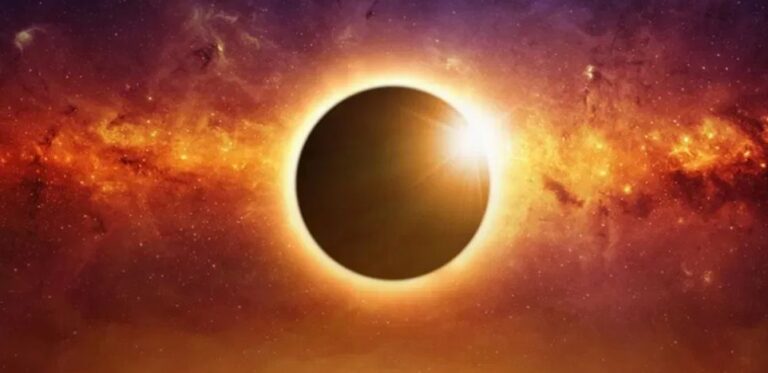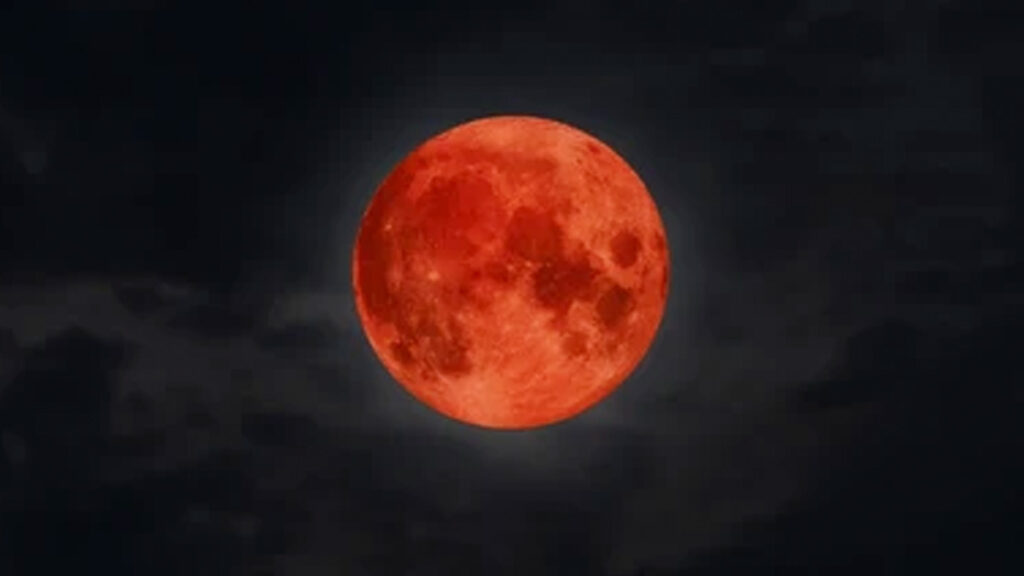Have you ever noticed that during a solar or lunar eclipse, many people stop their daily routines, especially eating? Children, elders, and even busy adults pause and wait for the eclipse to pass before having their meals. But why do we do this? Is it just an old superstition, or is there a deeper reason behind this age-old practice?
In India, eclipses—known as ग्रहण (Grahan)—have always been seen as powerful cosmic events. Ancient texts warn that during this time, the environment is filled with unique energies, and our bodies and food are more susceptible to their influence.
But there’s more than just tradition. Modern science also suggests that fasting during an eclipse can be gentle on our digestive system and gives us a moment to pause, reflect, and connect with ourselves.
In this blog, we will explore both the spiritual beliefs and the scientific reasons behind avoiding food during an eclipse. By understanding the why, this simple ritual becomes more than just a rule—it becomes a meaningful practice for body, mind, and soul.
Types of eclipse(ग्रहण):

सूर्य ग्रहण (Solar Eclipse)
A solar eclipse occurs when the Moon comes between the Sun and the Earth, blocking the Sun’s light temporarily. In Indian tradition, it is considered a powerful time for reflection, fasting, and spiritual practices. Many avoid eating or cooking during this period to stay in harmony with cosmic energies
चंद्र ग्रहण (Lunar Eclipse)
A lunar eclipse happens when the Earth comes between the Sun and the Moon, casting a shadow on the Moon. Traditionally, this is a time for inner cleansing, meditation, and avoiding food. Observing the eclipse with awareness is believed to bring mental clarity and balance.

Spiritual Beliefs:
In Indian tradition, eclipses, or ग्रहण (Grahan), are considered powerful cosmic events that temporarily influence the energies on Earth. During these periods, it is believed that the balance of natural energies is disturbed, and negative vibrations are stronger than usual. For this reason, people are advised to avoid eating, cooking, or engaging in heavy work, as food and the body are thought to be more susceptible(affected) to these cosmic influences.
Eclipses are also seen as a time for spiritual reflection and purification. Many people choose to fast, meditate, chant mantras, or read sacred texts to cleanse the mind, body, and surroundings. This practice is not just about avoiding harm—it is also an opportunity to slow down, introspect, and connect with the larger universe.
Special care is often taken for pregnant women, children, and elders, who are considered more sensitive to cosmic influences during this time. Following these rituals is believed to bring mental clarity, emotional balance, and spiritual protection, helping individuals align with the positive energies of the universe once the eclipse ends.
Observing the spiritual customs associated with Grahan transforms a seemingly ordinary period into a meaningful experience of self-discipline, reflection, and inner cleansing, reinforcing the connection between our everyday life and the cosmic rhythms that surround us.
Scientific explanation:
Eclipses have fascinated humans for centuries, and while many cultures associate them with spiritual significance, modern science provides some interesting explanations for why people are advised to avoid eating during these cosmic events. One reason is that during an eclipse, daily routines are often disrupted, and our bodies may naturally slow down. This can affect digestion, making the stomach less efficient. Fasting during this time gives the digestive system a pause, helping prevent discomfort or indigestion.
Another reason is that the eclipse has a slight or gentle effect on our body’s internal clock—it’s not very strong or obvious, but it can still affect how the body feels or functions.. A solar eclipse temporarily darkens the day, and even a lunar eclipse can slightly alter the natural light reaching the Earth. These changes can impact our internal biological clocks, and pausing meals or heavy activities helps the body adjust, promoting overall balance and mental calmness. Historically, avoiding food and cooking during eclipses also had practical benefits. Before modern refrigeration, food could spoil or become contaminated if prepared during this period, so fasting reduced the risk of consuming unsafe food.
Finally, taking a break during an eclipse gives the mind a chance to rest and reflect. Even from a scientific standpoint, pausing regular activities, including eating, can improve focus, reduce stress, and promote mental clarity, similar to the effects of mindfulness practices. In this way, the tradition of avoiding food during an eclipse is not only culturally and spiritually significant but also has practical health and scientific benefits, supporting digestion, aligning the body with natural rhythms, ensuring food safety, and encouraging a moment of mental calm.



